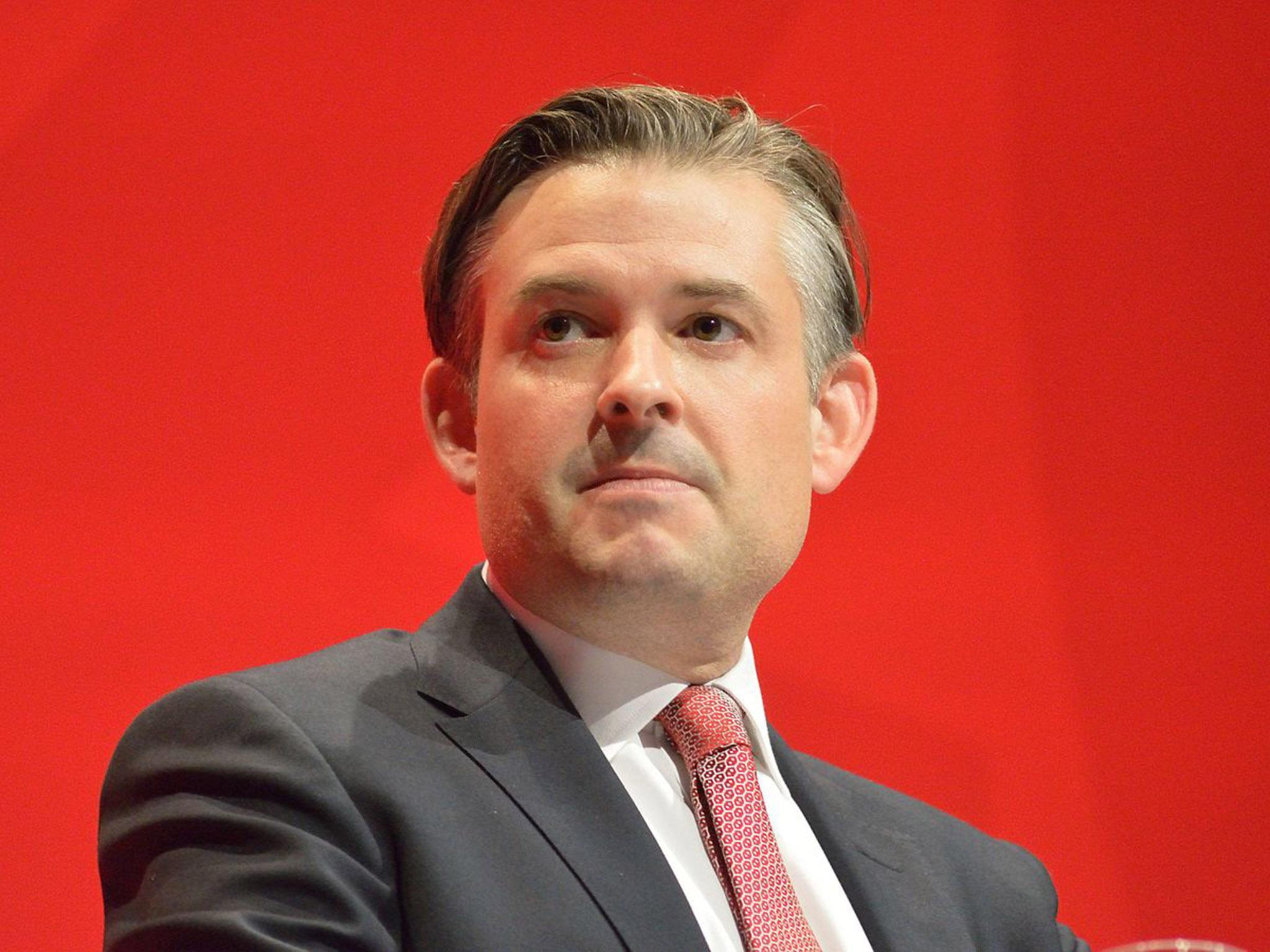Forget a cross-party approach – only Labour will deliver a long term plan for the NHS
We simply can’t carry on asking staff to do more and more with less and less


This January was the worst month on record for major A&E departments, with over 1,000 patients stuck on trolleys for over 12 hours, and a staggering 515 per cent increase in those waiting over four hours, compared with January 2011.
Almost 140,000 people have had to wait over 30 minutes in an ambulance. Almost 30,000 people waited over an hour. This is despite instructions from NHS leaders that patients shouldn’t have to wait more than 15 minutes.
On 287 occasions, a divert had to be put in place because A&Es were too full.
Last week, over 95 per cent of hospital beds were full, and bed occupancy peaked at 96 per cent – the most full for any day this winter. This is over 10 per cent higher than the limit that clinicians believe should be maintained to prevent the spread of infections such as MRSA.
In the latest failure of government health policy, NHS England announced last weekend that the four-hour A&E target won’t be met until March 2019.
The waiting list for non-urgent surgeries continues to grow, exacerbated by the blanket cancellation of elective operations this January to free up beds. By the end of December, 92 per cent of people on the waiting list had waited an average of 21.3 weeks for an operation, up from 20.2 weeks the previous month.
Since 2010 we’ve seen over 14,500 beds lost across the NHS. In our communities, walk-in centres have been closed, disproportionally impacting young mothers in low-paid work. The strains on general practice continue unabated, with a loss of 1,000 GPs in the last year. District nursing has been cut, health visitor numbers are down and community pharmacists have been forced to reduce services.
Mental health services, far from receiving the priority that Theresa May boasts of, have experienced a £600m cut and a loss of over 5,000 beds.
And of course, social care has been dramatically slashed, forcing 400,000 of the most vulnerable elderly to go without the care packages they might otherwise have received.
The local strategic planning and leadership of our health service was blown apart by the disastrous Andrew Lansley reorganisation that was designed to drive privatisation of local services. Five years later we have Virgin suing the NHS and contracts collapsing because private providers, such as the Coperforma patient transport deal in the South East, can’t deliver the level of quality patients expect. In this context and against the backdrop of Carillion going bust, there is deep unease at attempts to work round the Lansley legislation by moving to Accountable Care Organisations, where the private sector could have a greater role.
An NHS with 100,000 vacancies, rota gaps and the unfair pay cap has pushed the goodwill of our extraordinary staff to the brink. We simply can’t carry on asking staff to do more and more with less and less. The handling of the tragic Bawa Garda case has left clinicians facing the impossible choice: agree to carry on working with unsafe staffing levels and workload, risking regulatory action, or stop working, potentially breaching contracts and leading to feelings of letting colleagues down.

Since 2010 the NHS has experienced the biggest financial squeeze in its history and the Tories are set to break their promise to increase real-terms spending on a head-for-head basis. Hospitals are £1.5bn in the red after the first six months of the financial year. The health service spends £3bn a year on temporary staff because of the workforce crisis. The outstanding bill for NHS maintenance work is over £5.5bn.
These are staggering sums. Hospitals are crumbling and IT systems are out of date. Staff are underpaid and overworked. This is no way to run the health service.
And our Prime Minister seems completely uninterested in fixing the problem. Consumed by Brexit, she has neglected her domestic agenda.
The correct response won’t be found in attacking the concept of universal healthcare, as Donald Trump bizarrely tried to in his recent Twitter rant, but nor is it to kick the problem into the long grass of some Royal Commission-style process.
We need a government with the political will to make the investment necessary, put in place a plan to fix staffing and properly support people to manage their own healthcare and conditions for the long term.
That’s why Labour would allocate an extra £5bn investment this year for the NHS to build greater capacity across the service, and at the same time will also invest to give our staff a fair pay-rise and train more staff for the future. Across a parliament we would invest an extra £8bn in the social care sector, too.
Under the last Labour government, Gordon Brown commissioned the watershed Wanless report into the NHS which led to a doubling of investment in the health service. The result was some of the best waiting times on record and the highest satisfaction rates ever. We believed in the National Health Service and just got on with rebuilding it. We don’t need more talking shops – we need action and the same political will to deliver the best healthcare for all.
Jonathan Ashworth is Labour’s Shadow Health Secretary
Join our commenting forum
Join thought-provoking conversations, follow other Independent readers and see their replies
Comments
Bookmark popover
Removed from bookmarks